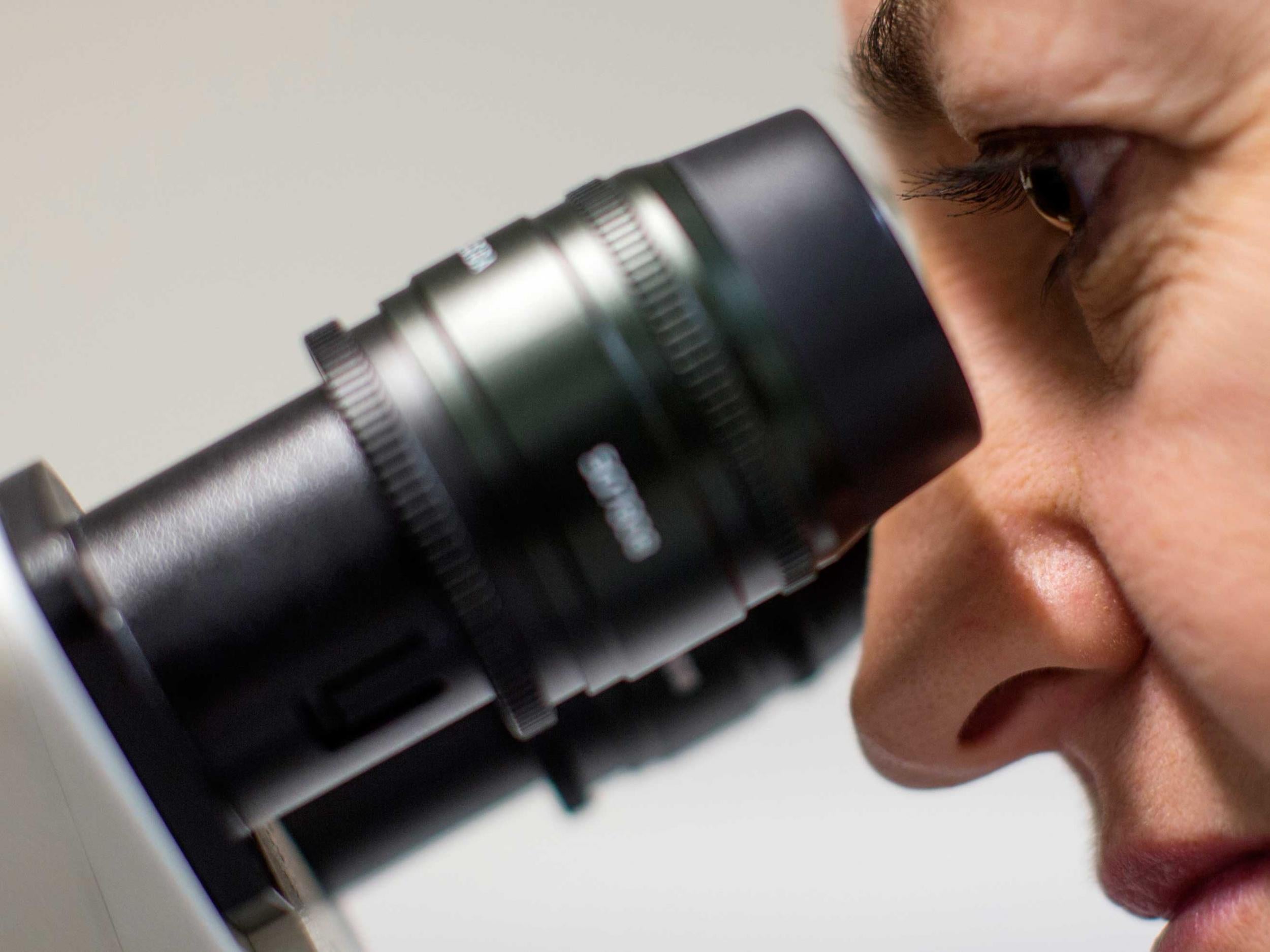Parkinson's disease: New research under way after 'supersmeller' identifies scent on sufferers' T-shirts
During lab tests Joy Milne was able to identify people with Parkinson's by smelling T-shirts they had slept in

Smell could hold the key to an early diagnosis for Parkinson's, scientists hope, after a woman dubbed a "supersmeller" detected the debilitating disease by sniffing T-shirts.
Joy Milne, 65, appears to have the uncanny ability to detect Parkinson's disease by smell.
During lab tests she was able to identify people with Parkinson's by smelling T-shirts they had slept in.
That has lead researchers from the University of Manchester to undertake a project to identify differences in chemicals on the skin of people with Parkinson's.
It is believed that Parkinson's may cause changes to the sebum - an oily substance in the skin - resulting in a unique odour so subtle it can only be detected by "supersmellers" like Mrs Milne.
Speaking to the BBC, Mrs Milne said she first noticed the scent on her husband, Les, who died in June after being diagnosed with Parkinson's.
She said: "His smell changed and it seemed difficult to describe. It wasn't all of a sudden. It was very subtle - a musky smell."
But she only made the link with Parkinson's after meeting other sufferers, and happened to mention it to a scientist at a talk, leading to tests which found her sense of smell was accurate.
Now the new study, led by Professor Perdita Barran of the University of Manchester and funded by the charity Parkinson's UK, hopes to find a link which could lead to earlier diagnosis.
Dr Arthur Roach, director of research at Parkinson's UK, said: "It's very early days in the research, but if it's proved there is a unique odour associated with Parkinson's, particularly early on in the condition, it could have a huge impact.
"Not just on early diagnosis, but it would also make it a lot easier to identify people to test drugs that may have the potential to slow, or even stop Parkinson's, something no current drug can achieve."
Parkinson's disease is caused by the loss of nerve cells in a part of the brain, leading to involuntary tremors, stiffness and slowness of movement.
It is not known what causes Parkinson's and there is currently no cure. About 127,000 people in the UK are estimated to have the condition, according to the NHS.
Well-known people with Parkinson's include comedian Billy Connolly, 72, who was diagnosed in 2012.
(Additional reporting by PA)
Join our commenting forum
Join thought-provoking conversations, follow other Independent readers and see their replies
Comments